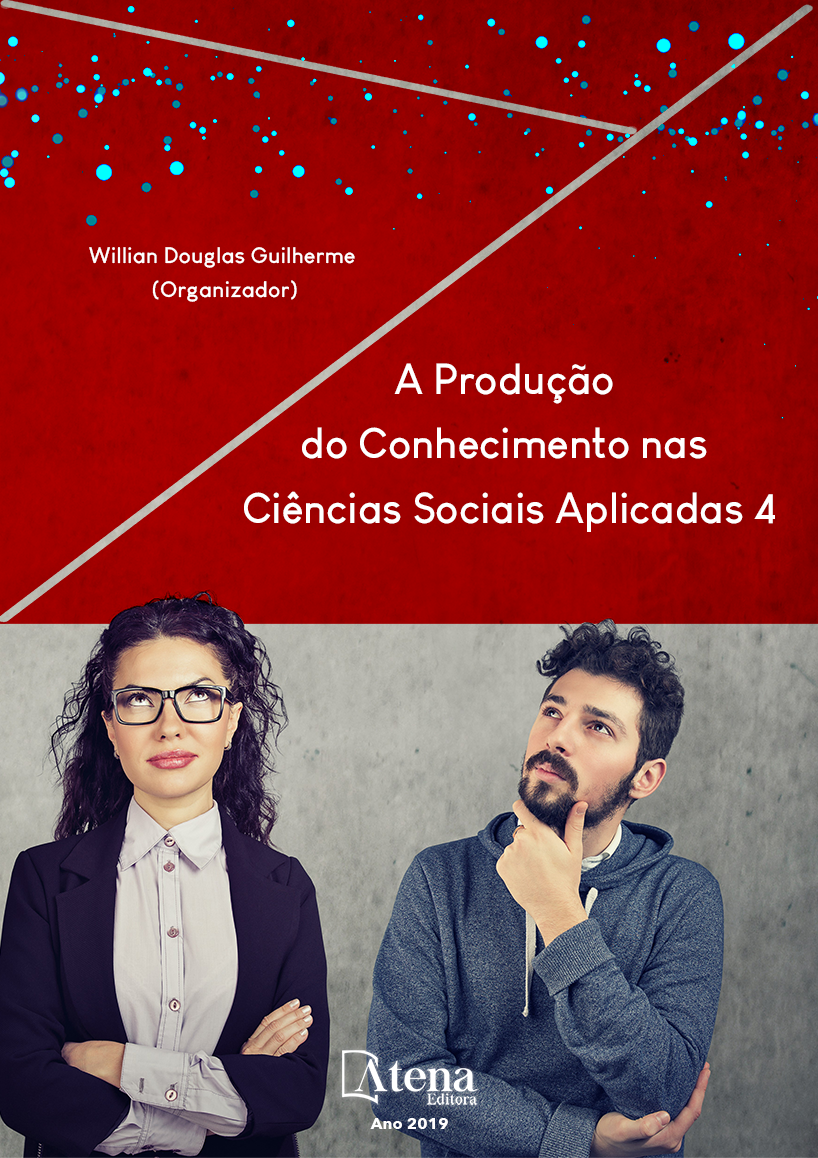
HUMANIZAÇÃO DE CENÁRIO DO MUSEU HISTÓRICO DE LONDRINA: OTIMIZAÇÃO DA TRANSMISSÃO DE CONHECIMENTO
Este projeto surgiu da necessidade
de estabelecer uma conexão entre as peças
de vestuário presentes no acervo do Museu
Histórico de Londrina e os cenários da
exposição permanente do mesmo, como auxílio
na transmissão da memória coletiva. Tem-se
como objetivo estudar o contexto arquitetônico
vivido e o vestuário dos pioneiros da década de
1930, por meio da análise de três fotografias da
época, pelo método de Mensagens Visuais –
MEV (SOUZA; FORNASIER, 2014). A análise
realizada definirá o vestuário de personagens
a serem inseridos no primeiro cenário estudado
da exposição permanente, a Casa Central de
David Dequech e se necessário modificar o
entorno desta. Espera-se que a incorporação
dos personagens humanize a exposição,
facilite o conhecimento transmitido pelo Museu
e incorporado pelos visitantes, e colabore com
a possibilidade de facilitar a memória coletiva
local.
HUMANIZAÇÃO DE CENÁRIO DO MUSEU HISTÓRICO DE LONDRINA: OTIMIZAÇÃO DA TRANSMISSÃO DE CONHECIMENTO
-
DOI: 10.22533/at.ed.95119260415
-
Palavras-chave: Memória coletiva; Vestuário; Mensagem Visual; Fotografia.
-
Keywords: Collective memory; Clothing; Visual Message; Photography.
-
Abstract:
This project arose from the need
to establish a connection of the clothing’s
pieces present in the collection of the Historical
Museum of Londrina with the scenarios of the
permanent exhibition of the museum, as an aid
in the transmission of collective memory. The
objective is to study the architectural context
and the clothings of the 1930s’ pioneers, by
means of the analysis of three photographs of
that time, by the Visual Messages method - MEV
(SOUZA; FORNASIER, 2014). The analysis will
define characters’ clothings of to be inserted
in the first scenario studied of the permanent
exhibition, the David Dequech’s Central House
and if it’s necessary to modify the surroundings
of this scenario. It is hoped that the incorporation
of the characters will humanize the exhibition,
facilitate the knowledge transmitted by the
Museum and incorporated by the visitors, and
collaborate with the possibility of facilitating the
local collective memory.
-
Número de páginas: 15
- Cleuza Bittencourt Ribas Fornasier
- Mariana Lautenschlager Spoladore
- Ana Paula Perfetto Demarchi


